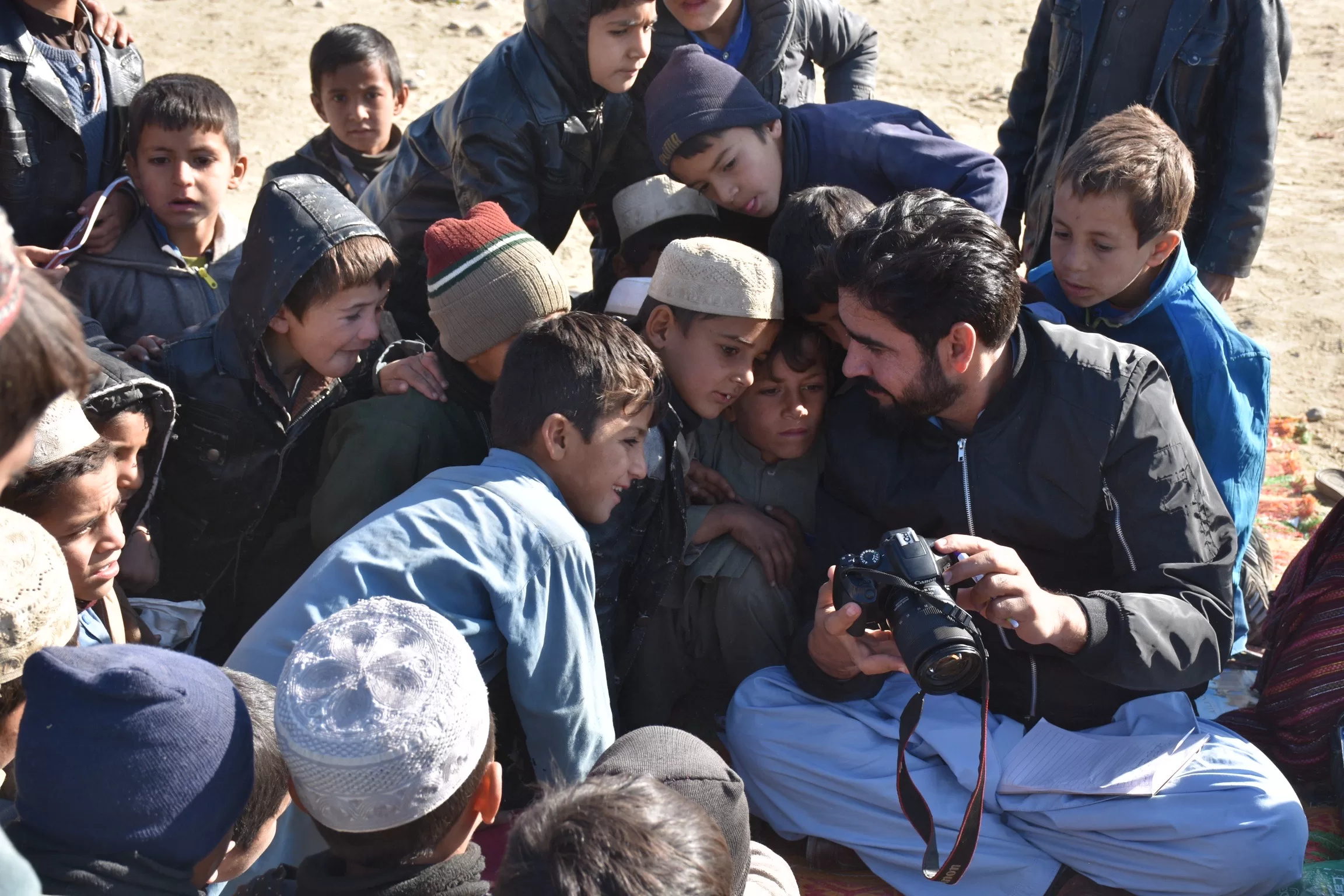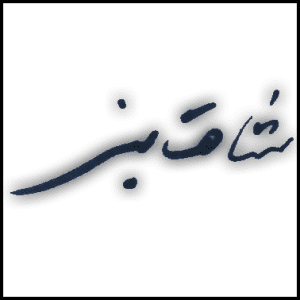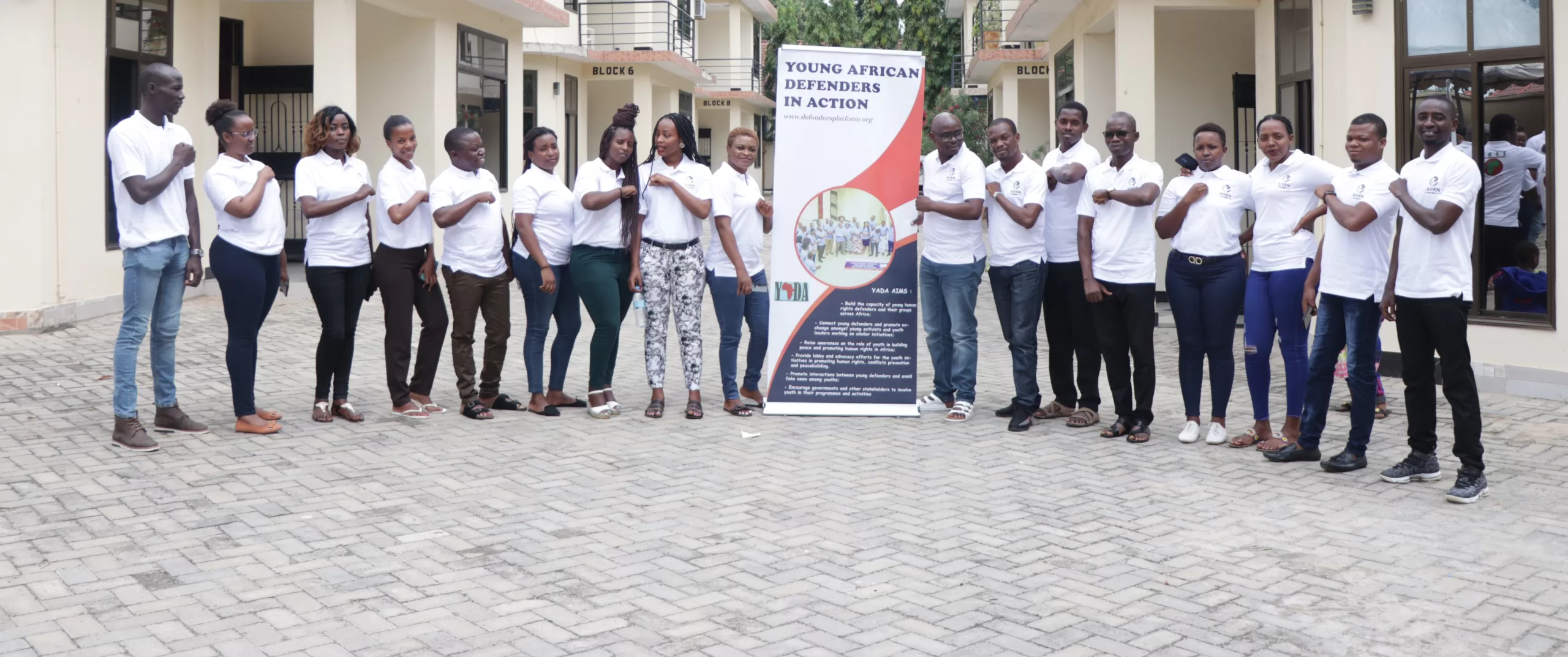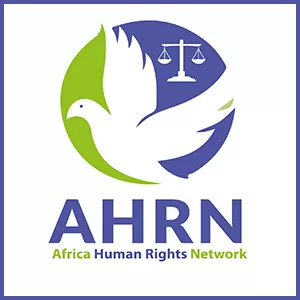Matiullah Wesa (Afghanistan)

Through Pen Path, Matiullah Wesa has worked to ensure all children have access to education, teaching materials and books. After the Taliban’s takeover, this focus turned to protecting education for girls and women.
Matiullah Wesa established Pen Path in 2009 to campaign for greater access to education for boys and girls in Afghanistan. In this role, Wesa visited 34 provinces of the country and almost all districts. Pen Path’s first step was to re-open closed schools, after The Taliban had previously shut them down in the remote villages of Afghanistan. Prior to The Taliban’s takeover, Pen Path acted as mediator between the government and the Taliban, while also encouraging local elders to collaborate with them to re-open those schools. It is estimated by Pen Path that their team, to date, has re-opened more than a hundred schools and established a number of new schools across the country.
To date, Pen Path has also provided stationery and children’s books to approximately 300,000 children. Pen Path also established 39 libraries in rural areas to provide access to books for the general public (especially women who could not go to school due to restrictions).
To further extend the reach of education across Afghanistan, Pen Path launched a programme of mobile classes delivered via a specially designed motorbike fitted with a computer screen and speakers, as well as a bookcase, teaching materials and a mobile library.
On 27 March 2023, Matiullah Wesa was arbitrarily arrested by the Taliban’s General Directorate of Intelligence (GDI), while returning from evening prayer. The day after his arrest, the GDI raided his house and confiscated his personal mobile and laptop. On 29 March, the Taliban spokesperson confirmed his arrest, accusing him of illegal activities. His family have not been allowed to visit him and there has been no avenue to challenge the legality of his detention.
Olesya Krivtsova (Russia)

Olesya Krivtsova is a Russian student, who was targeted by the Russian authorities for opposing the unlawful Russian invasion of Ukraine
Over the first year of the Russian invasion of Ukraine, Olesya organised partisan anti-war actions in her small town of Arkhangelsk. This included posting anti-war leaflets and posting anti-war messages on her blog and the chat rooms set up for students based at her university. Olesya took the risks to do this to “counter Russian propaganda and promote alternative information about the war in Ukraine among students and other residents of my city.”
As a result of these acts, Krivtsova was placed under house arrest in January, and banned from using the internet on the charges of discrediting the Russian army and justifying terrorism. It has been reported that her classmates reported her to the authorities after taking screenshots of her anti-war messages. She was also added to the country’s official list of terrorists and extremists. Due to the severity of the charges, she faced up to 10 years in prison. In March 2023, Olesya uploaded a video of her cutting off her monitoring tag and she fled Russia for Lithuania.
 Xinjiang Victim’s Database (China)
Xinjiang Victim’s Database (China)
The Xinjiang Victim’s Database attempts to overcome the secrecy and silence that defines the incarceration and persecution of the Uyghur population in Xinjiang by giving journalists and researchers resources and data to support their work.
The Database aims to make Xinjiang and the mass-incarceration policies taking place there as transparent and accessible for the world at large as possible. This is done primarily by documenting the individual victims and their situations in as much detail as available data allow. In addition to this, they maintain a number of side databases, such as monitoring the facilities where victims are held, the villages/neighbourhoods they come from, the individuals in the government/police linked to their detentions, and the collection/translation of various primary-source materials, such as eyewitness accounts or government/police/court records.
The Database serves as a free-to-use tool for researchers, journalists, and advocates. Additionally, it provides several specific tools to the public: an ID search that allows 10,000s of internal and public documents held by the database to be searched for information about specific people, a name translator to convert Chinese pinyin versions to more appropriate Turkic versions (e.g. Memet instead of Maimaiti), and a translation bank that combines the Database’s 10 in-house dictionaries to assist with translation of Xinjiang-related texts.
Africa Human Rights Network (Africa-wide)

 The AHRN works to support and protect human rights defenders (HRDs) across the Great Lakes region of Africa to ensure they can speak up and protect human rights and democracy across Africa.
The AHRN works to support and protect human rights defenders (HRDs) across the Great Lakes region of Africa to ensure they can speak up and protect human rights and democracy across Africa.
The main goal of AHRN is to promote and protect the work of Human Rights Defenders, including activists, bloggers, journalists, feminists, environmental defenders and many others. This work includes advocating for and protecting HRD at risk. It does this through its protection programme and shelter city scheme, which started in 2017 with the launch of the Dar es Salaam Shelter City which is a regional temporary relocation program for at-risk HRDs operation in the African Great Lakes Region. In 2019, this scheme was expanded after the launch of the shelter city Benin to provide temporary relocation to at-risk human rights defenders from Central and west African countries especially those from Francophone countries. As well as direct support, AHRN also facilitates engagement between HRDs in Africa to share capacity building expertise, exchange experience and foster stronger relationships of support and solidarity.
The organisation also provides a platform to more than 175 grassroots civil society organisations that have proven capacity to implement human rights projects in Africa. As a result, AHRN has been able to establish a platform of local HRDs who have decided to organise themselves to improve their working environment and security. This networked approach has defined AHRN’s work. In 2021, they created the YADA Network (Young African Defenders in Action) following a workshop attended by young people from 18 African countries. While it is present in 18 countries, the AHRN’s goal is to extend the Network to 30 countries by the end of 2023. They also created Africanactivists.com, which is a specialised social media platform for HRDs to connect with others and share information in real time.






